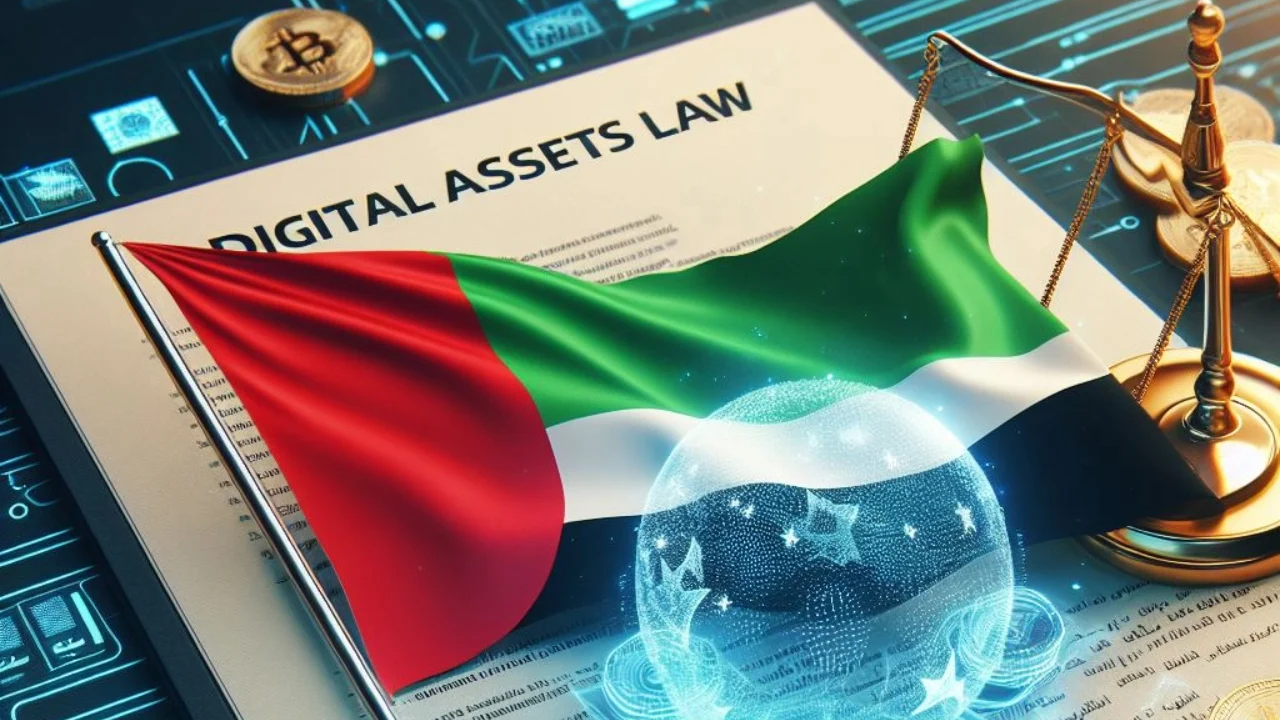Regulatory Framework Unveiled for Web3 Companies in Dubai’s DIFC


Dubai, the emerging global hotspot for Web3 activities and businesses, has taken another crucial step to make things more lucrative for interested folks. A layer of regulations dedicated to overseeing the Web3 sector, has been laid upon the Dubai International Financial Centre (DIFC). This special economic freezone located in Dubai, was put in place in 2004. This freezone works under the Dubai Financial Services Authority – which is an independent regulator exclusive to the DIFC. With an influx of Web3 firms in Dubai, the regulator felt an immediate need to bring-in some new laws.
Called the Digital Assets Law, this legislation adds some new Web3-centric rules while also making changes to existing laws around contracts, obligations, security, damages, remedies, and foundations.
“DIFC is excited to announce the enactment of its Digital Assets Law. We consider this legislation to be groundbreaking as the first legislative enactment to comprehensively set out the legal characteristics of digital assets as a matter of property law, and to provide for how digital assets may be controlled, transferred and dealt with by interested parties,” said Jacques Visser, Chief Legal Officer at DIFC Authority while commenting at the development.




















